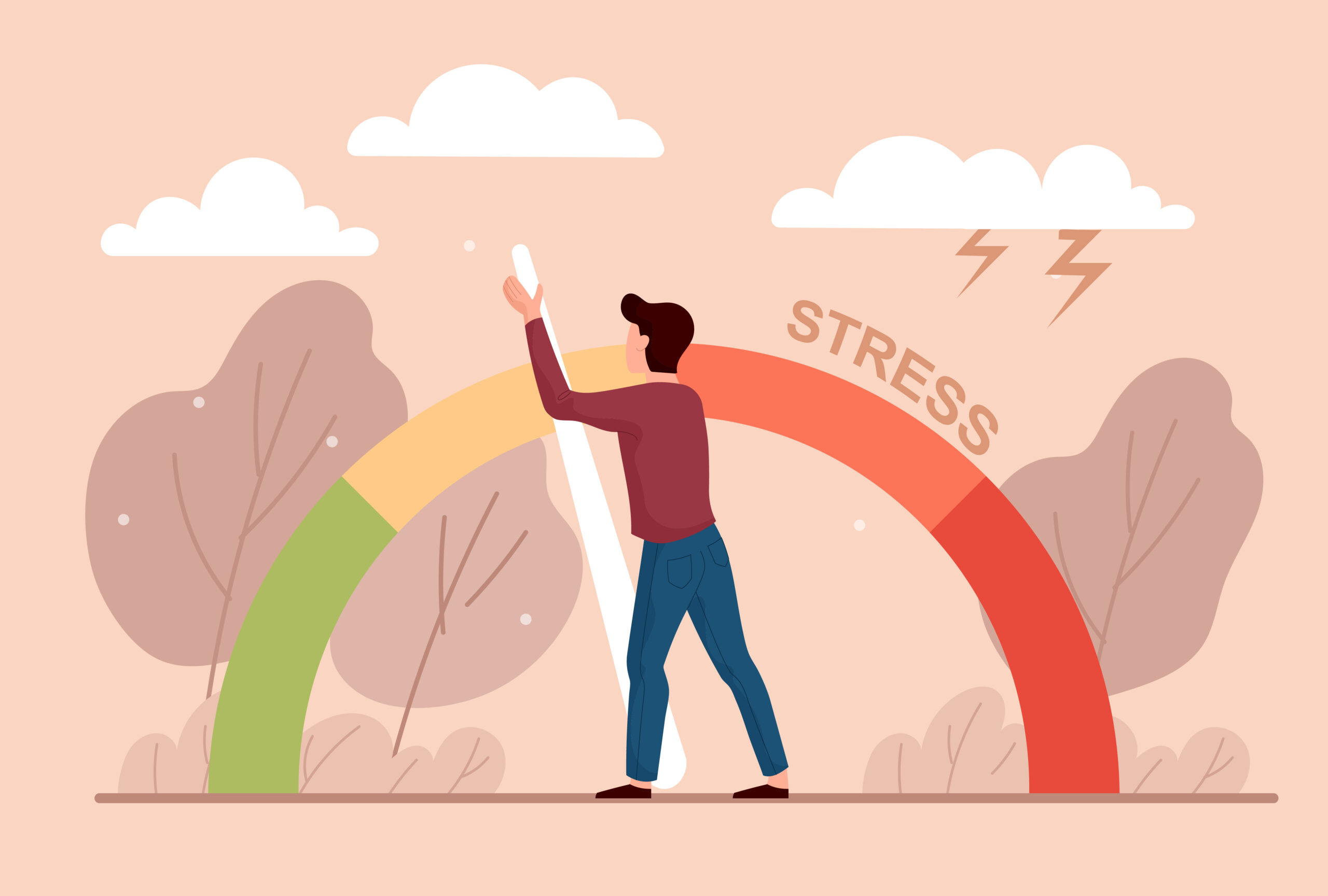
Cortisol level
Share
Best Supplements for decreasing Cortisol level and improve Relaxation
Stress can be a major factor in our lives, leading to increased levels of cortisol in the body which can have numerous negative effects on our health.
Cortisol is a hormone produced by the adrenal gland in response to stress, and can contribute to weight gain, high blood pressure, and anxiety, among other things.

However, there are a number of supplements and lifestyle changes that can help reduce cortisol levels and promote relaxation. In this article, we will explore the best supplements for decreasing cortisol and improving relaxation, including an understanding of cortisol and its effects on the body, top supplements for reducing cortisol levels, and lifestyle changes to improve relaxation and reduce stress.
Cortisol, also known as the stress hormone, plays a critical role in the body's stress response. It is released by the adrenal gland in response to stressors such as physical or emotional stress, low blood sugar levels, and inflammation (Walker & Andrew, 2006). Cortisol helps the body to cope with stress by increasing blood sugar levels, suppressing the immune system, and altering metabolism. While these effects are beneficial in the short term, chronic stress can lead to prolonged cortisol exposure, which can have negative effects on the body.
High levels of cortisol have been linked to a range of health problems, including obesity, diabetes, cardiovascular disease, and immune suppression (Walker & Andrew, 2006). Additionally, prolonged exposure to cortisol can cause damage to the hippocampus, the area of the brain responsible for memory and learning. Therefore, understanding the effects of cortisol on the body is crucial in managing stress and maintaining overall health.
Cortisol is a hormone produced by the adrenal gland that is crucial for regulating the body's stress response. However, when cortisol levels become chronically elevated, it can lead to negative health consequences such as weight gain, insomnia, and increased risk of chronic diseases. In a study conducted by Ditzen et al. (2009), it was found that certain supplements can help reduce cortisol levels.
One such supplement is Phosphatidylserine (PS), a phospholipid that is naturally found in the brain and helps regulate cortisol levels. The study found that supplementation with PS led to a significant decrease in cortisol levels in response to a stressor. Another supplement that has been shown to reduce cortisol levels is omega-3 fatty acids. The study found that supplementation with omega-3s led to a decrease in cortisol levels in response to a mental stressor.

Additionally, Ashwagandha, an adaptogenic herb commonly used in Ayurvedic medicine, has been shown to reduce cortisol levels. A study found that supplementation with Ashwagandha led to a significant decrease in cortisol levels and improved stress response. In conclusion, incorporating supplements such as phosphatidylserine, omega-3 fatty acids, and ashwagandha can help reduce cortisol levels and improve overall health outcomes.
Check the supplements we recommend for this conditions:
102. DRSOUS.CA Ashwagandha helps individuals calm stress hormones 60 Capsules Bottle
154. DRSOUS.CA Vitamin D3 helps maintain bone density, strength and healthy cell growth
104. DrSous.Ca Bee Pearl Powder smoothie propolis royal jelly
103. DrSous.Ca Bee Pearl pollen nectar enzyme blend 30 capsules
108. DRSOUS.CA Birch Chaga Truffles
107. DRSOUS.CA Birch Chaga Microbiome Wellness Powder
106. DrSous.Ca Birch Chaga Microbiome Wellness 30 Capsules
Stress is a common issue that people face in their daily lives. It can have negative impacts on a person's physical and mental health, leading to various health problems. Lifestyle changes are an effective way to reduce stress and improve relaxation. According to Smith et al. (2007), exercise is one of the most effective ways to reduce stress levels.
Exercise helps to release endorphins, which are natural mood boosters that reduce stress and anxiety levels. Additionally, a healthy diet can also help to reduce stress levels. A diet rich in fruits, vegetables, and whole grains can help to reduce inflammation, which is linked to stress.
Furthermore, practicing relaxation techniques such as meditation and yoga can also help to reduce stress levels. These techniques help to calm the mind and body, reducing stress and anxiety. Finally, getting enough sleep is crucial for reducing stress levels.
Lack of sleep can lead to increased stress levels and decreased ability to cope with stress. Therefore, it is important to establish healthy sleep habits, such as sticking to a regular sleep schedule and creating a relaxing bedtime routine. In conclusion, lifestyle changes such as exercise, healthy eating, relaxation techniques, and adequate sleep can all help to improve relaxation and reduce stress levels.
In conclusion, reducing cortisol levels and improving relaxation are critical factors for maintaining good physical and mental health. While lifestyle changes such as exercise, diet, and sleep play an essential role in decreasing cortisol levels and promoting relaxation, incorporating supplements into your routine can also be helpful.
Several supplements, such as Ashwagandha, magnesium, and Omega-3, have demonstrated promising results in reducing cortisol levels and promoting relaxation. However, it is important to consult with a healthcare professional before taking any supplements to ensure proper dosage and potential interactions with medications.
By combining lifestyle changes and utilizing safe and effective supplements, individuals can significantly improve their stress response and overall well-being.
Work Cited
C Smith."A randomised comparative trial of yoga and relaxation to reduce stress and anxiety."https://www.sciencedirect.com/science/article/pii/S0965229906000434
BR Walker."Tissue production of cortisol by 11β‐hydroxysteroid dehydrogenase type 1 and metabolic disease."https://nyaspubs.onlinelibrary.wiley.com/doi/abs/10.1196/annals.1367.012
B Gabriel., G Bodenmann."Intranasal oxytocin increases positive communication and reduces cortisol levels during couple conflict."https://www.sciencedirect.com/science/article/pii/S0006322308012407
Smith, C., Hancock, H., Blake-Mortimer, J., & Eckert, K. (2007). A randomised comparative trial of yoga and relaxation to reduce stress and anxiety. Complementary Therapies in Medicine, 15(2), 77-83.